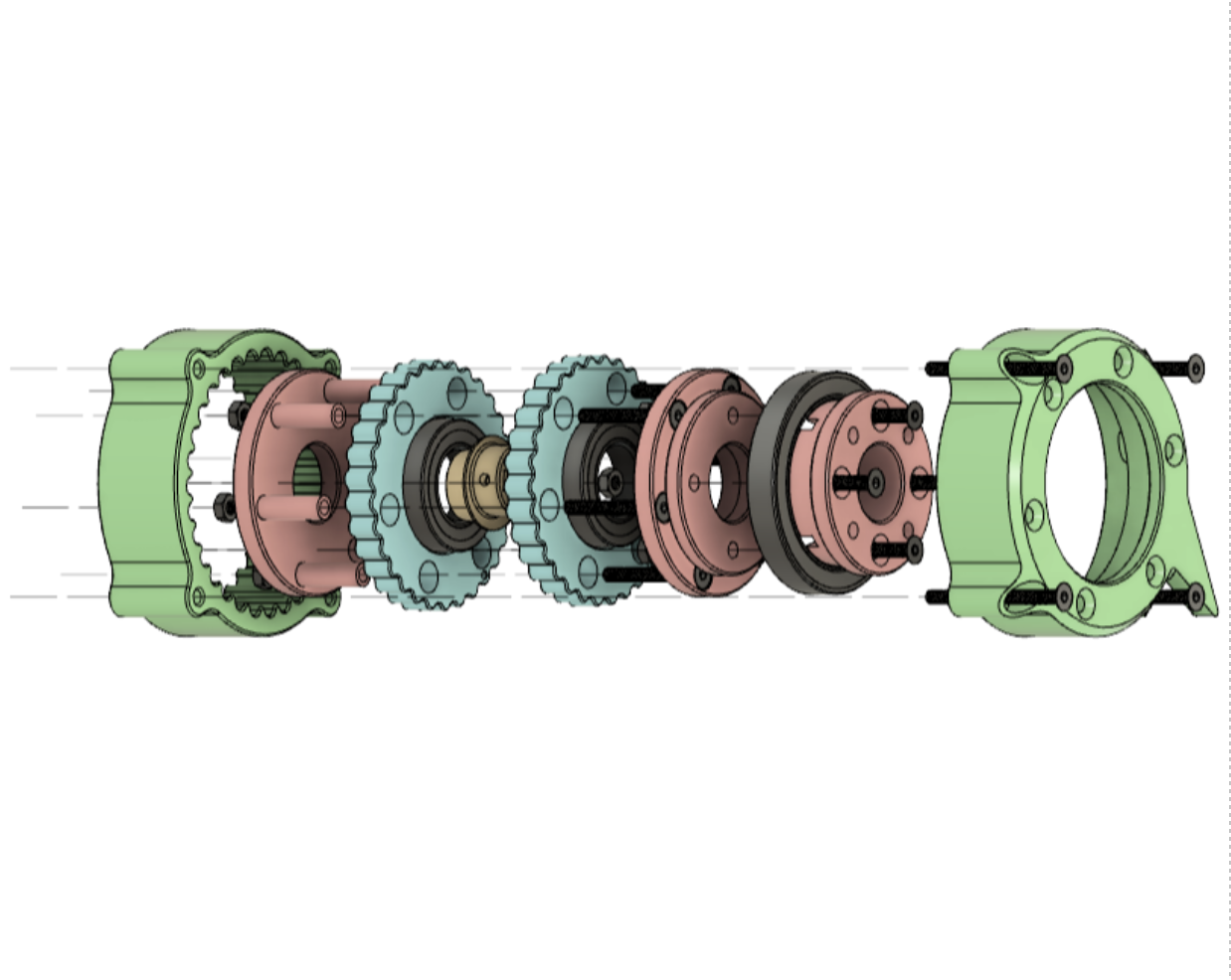
Resources
Done Once, Done Right
A guiding desire for all FSI Student Design Projects is for the work to be done well, and only done once. This allows subsequent teams to focus on additional capabilities, as opposed to rehashing existing designs. This often modifies project scope ensure the product can be relied upon by others. This is engineering after all. And, this is the foundation for the multi-team, multi-generation approach to project development.
IP and Sponsor desires may impact some projects, the vast majority of the projects and associated data will be catalogued and published with an eye towards reuse. This enables the appropriate re-use of products, encouraging the creation of new knowledge and systems. Or, given a rover context, teams can use a common mobility platform (rover) and focus resources on developing systems (arms, sensors, tools) to perform novel functions instead of every team needing to develop 4 wheels and a body.
Team Tools
The FSI Student Design Portfolio is unique. The level of interaction between teams, the coupling to Exploration goals and the diversity of the participants creates complexity and interdependence rare for Student projects. It is however, a realistic representation of the career space and drives the need for more robust tools, methods, systems and processes. The Institute is working with collaborators to make leading tools and methods available to the teams, leaders, mentors and customers.
Program and Project Management – Agile, Kanban, Lean
Modern engineering management methods are moving towards Agile and Lean. This move is not trivial; the waterfall era is passing, but far from over. FSI has teamed with Kanbanize.com to provide Enterprise level services for our teams. Kanbanize was selected for the capabilities of their tools, quality of training materials and an overall willingness to help educate the next generation. FSI manages the provided accounts on the Kanbanize.com furnished server.
Publication – Student Design Portal
Traditional Senior Design and Capstone teams work within a University or College, with the results often local to a single showcase or a team picture on a hall of fame. FSI Senior Design and Capstone projects are typically much larger in scope, multi-generational and are becoming multi-University. There is no single hall that is common to project teams. These projects are of scope and complexity sufficient to interest future employers, and is a need for a method to share and verify student successes. FSI is building a Student Design Portal to publicly share key project information, opportunities and results associated with these Projects. SD Project milestones will include content development for the Portal.
Synchronous and Asynchronous Collaboration – Discord.com
Synchronous and Asynchronous Collaboration includes Text Chat, Threaded Discussions, Audio Conferencing, Video Conferencing and Screen Sharing. These are critical to the success of distributed teams. The FSI Student Design Collaboration is based on private, FSI controlled, Discord servers with access restricted to team members and sponsors. If necessary, to meet Sponsor or Mentor needs, tool substitutions will be made.
Repositories – Software (GitHub.com) and Hardware (TBD)
Repositories allow for the long-term storage and management of project knowledge. FSI has teamed with Github.com to provide an FSI controlled Enterprise class service to manage project software. Github.com was selected for the capability of the tools and a willingness to help educate the next generation. All software deliverables are through this Server and it hosts those released as Open Source as well. In recent years text-based collaboration functions have moved from Github.com to Discord. FSI is investigating Hardware repositories to provide a similar service for hardware designs.
Licensing
The desire is for all project designs and data to be available as widely as possible. The goal is all products to be released with an Open Source model with appropriate licensing that enables widespread use and adaptation.
In some cases the published designs may contain Sponsor defined usage limitations. The RE-RASSOR is an example. NASA has provided licensing to allow for Research and Education use only, allowing the use of RE-RASSOR products for these functions. Any commercial use will require an additional license from NASA, to be obtained by that user.
Read more:
